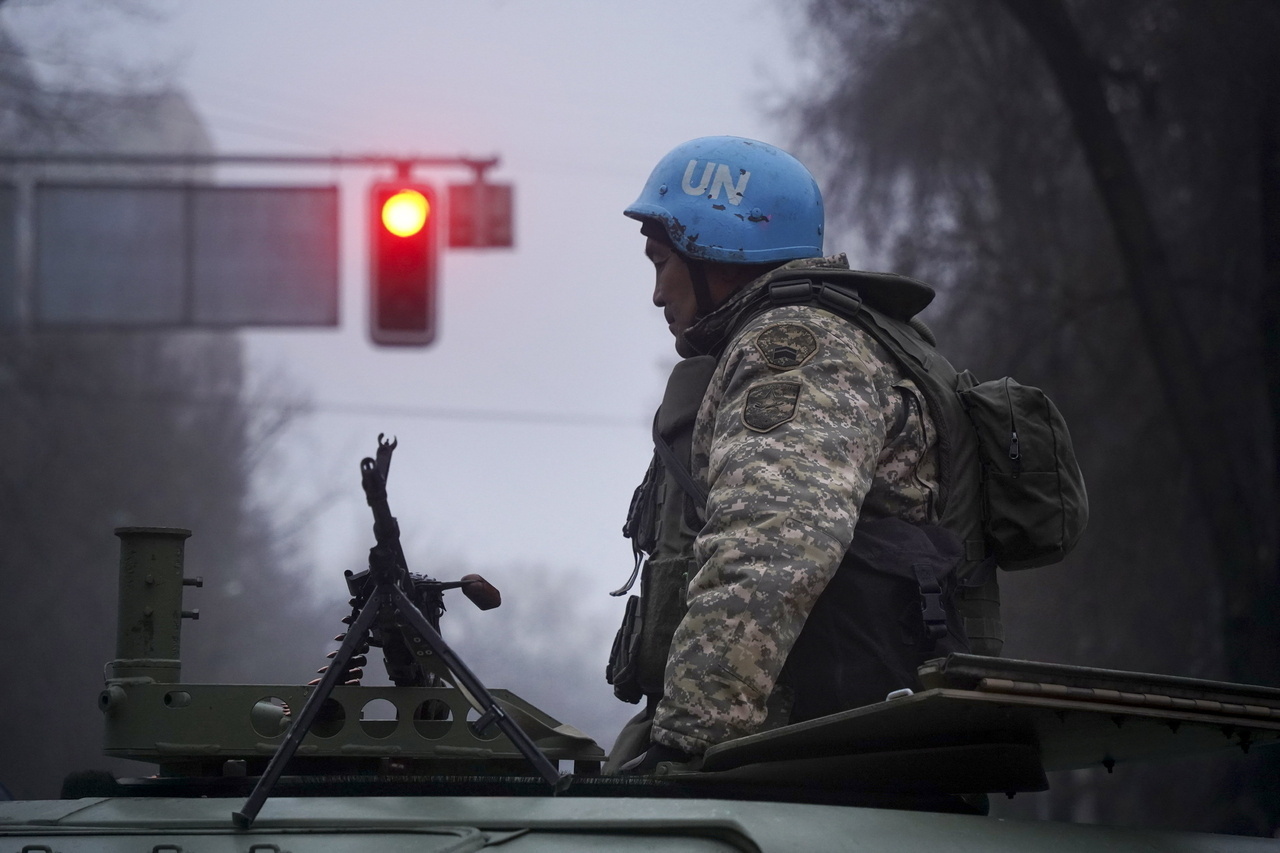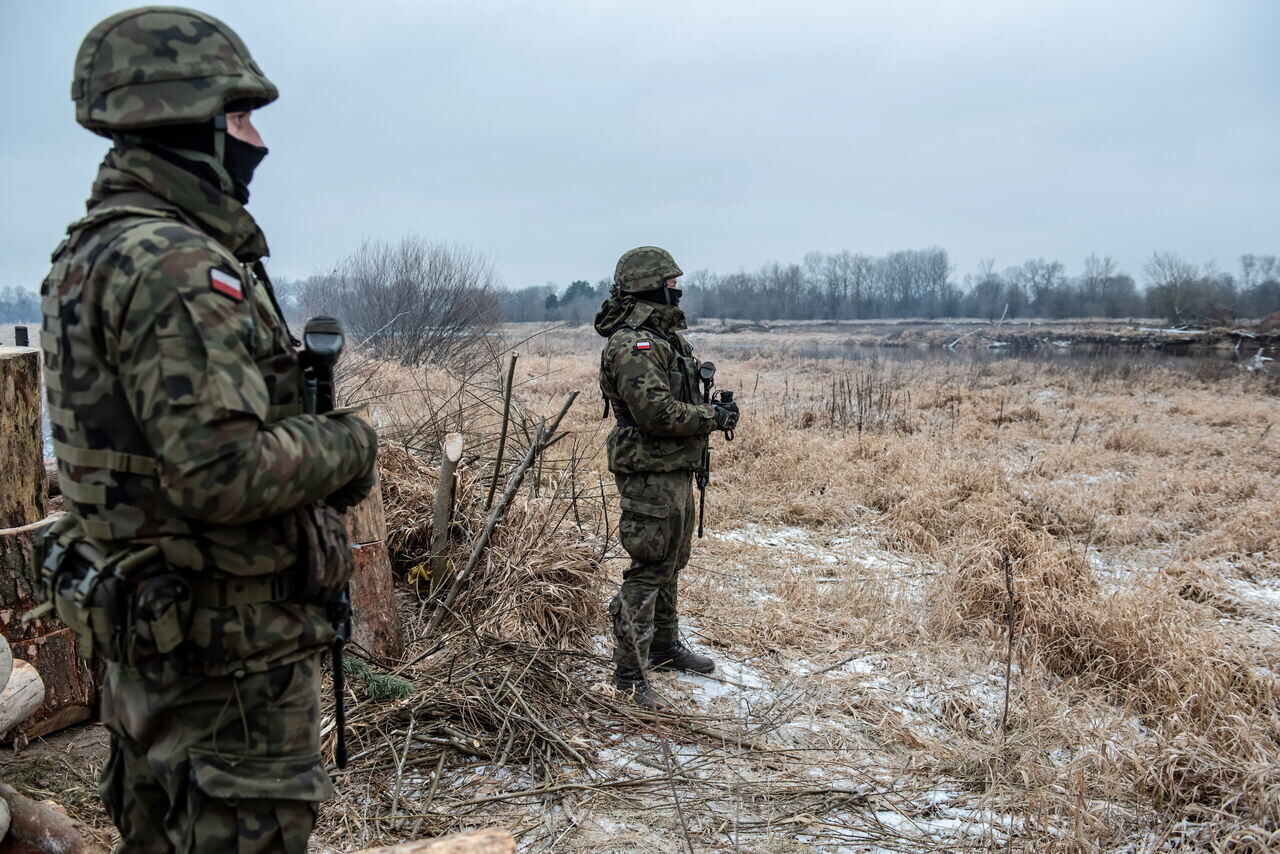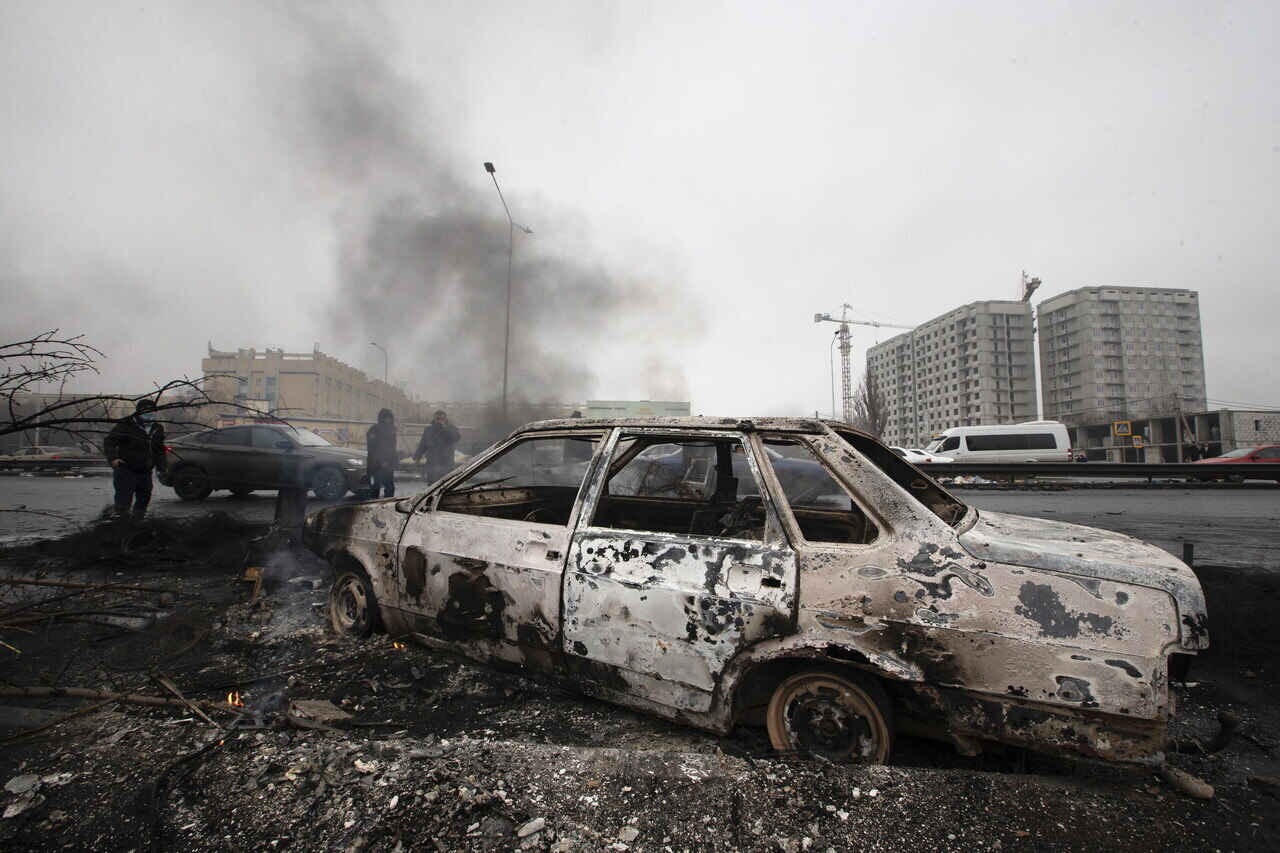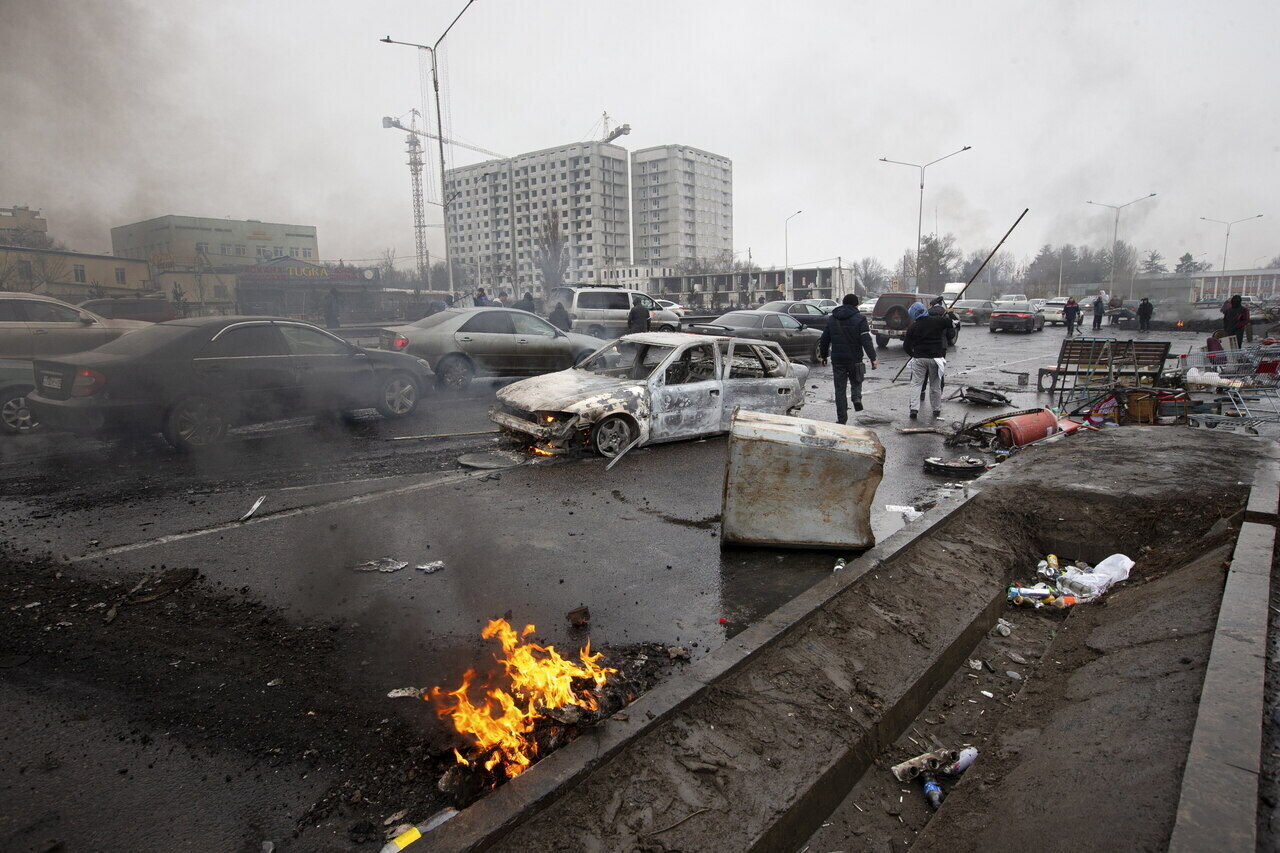Jobbik MEP Gyöngyösi: Kazakhstan returning to the Russian sphere of interest?

Remarks of Jobbik MEP Gyöngyösi
At present, it’s quite difficult to clearly identify the motives behind the increasingly inflamed protests in Kazakhstan. While news reports talk about a spontaneous unrest caused by the sudden rise of energy prices, President Tokayev and the Kazakh government have issued official statements on a foreign terrorist intervention aimed at destabilizing the Central Asian country. In contrast, several foreign analysts write about a national uprising to overthrow and democratize the authoritarian regime built and strictly controlled by iron-fisted dictator Nursultan Nazarbayev for three decades. Although Nazarbayev, who had already established his political career during the Communist times as one of the top executive decision makers of the Soviet Union and then as the president of the independent Kazakhstan for three decades after the Soviet Union’s collapse, resigned from the presidency in favour of his appointed successor in 2019, he still remained the country’s informal ruler pulling strings in the background.
That is to say until now, because Tokayev has recently removed his predecessor from every position in response to the seemingly never-ending protests. This means the official end of the Nazarbayev era.
Which of the above scenarios is true? Like in most cases, the truth probably lies somewhere between the partial truths above. Along with the social tensions brought more to the light by the pandemic, high energy prices must certainly have had a role in the unrest. On the other hand, you cannot rule out the possibility of a foreign destabilization attempt of a country in an extremely difficult geopolitical position, either. Undoubtedly, Nazarbayev’s Kazakhstan has not been a shining star of pluralistic democracy and the rule of law, and many of its citizens probably want to live in a country with more freedom.
Either way, and regardless of what led to the escalation of violence, the fact of the matter is that Moscow’s military assistance was once again needed to restore order in yet another former Soviet republic following Belarus, where Russia had to help out the local dictator after a fraudulent election in 2020.
Just a few weeks after Russian president Vladimir Putin made it clear for the EU’s leaders that he considered the post-Soviet republics as his own sphere of interest and that he would do whatever it takes to prevent these countries from turning toward the West in any shape or form, perhaps nobody is surprised to see Russian troops deployed to the streets of Almaty to restore order – just like they were in Budapest in 1956.
Beside the former Soviet republics however, these decisions may pose a risk to other countries as well. Putin’s statement revived the Brezhnev Doctrine which, back at the time, established the Soviet dominance over not just the now former republics but the ideologically bound Eastern Central European countries as well. Back then the connective tissue was the Communist ideology. Today it is the openly anti-Western, fundamentally corrupt, populist and anti-democratic illiberalism, which serves Russia’s geopolitical interests.
The supreme European leader of this ideology is Viktor Orbán, who copied Putin’s example and built up an absolute power in Hungary during his 12-year reign, complete with dominance over every area of life.
In today’s Hungary, nepotism and corrupt state redistribution not only permeate every segment of the economy, but they have subdued the President of the Republic, the Parliament, the prosecution service, the intelligence services and the entire media, while Hungary has drifted farther and farther away from the European democratic values and ended up in the Russian sphere of interest due to Orbán’s foreign policy. As a result, the ground is prepared to keep Viktor Orbán in power in the national elections next April. And if a wrench happens to be thrown in the works, Orbán could probably still rely on Moscow’s comradeship and assistance, just like his friend Lukashenka did.
Preventing the revival of the Cold War and the division of Europe is vital for not just Hungary, which had already committed to the West over a thousand years ago, but for the whole of Europe as well.
Source: Gyöngyösimárton.com





Hungary would be better off Neutral or returning to the Russian sphere of influence and so would much of the former Iron Curtain nations. NATO is not our friend and never have been, they have one thing in mind which is war and NATO is going to lose ww3. Do we need to ride down with a sinking ship called America and NATO?